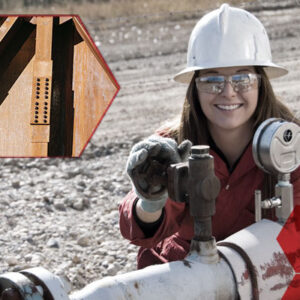The Role of a Coating Inspector: Ensuring the Durability and Quality of Surfaces
Introduction

Coatings play a pivotal role in protecting surfaces from the harsh effects of the environment, ensuring longevity and maintaining aesthetic appeal. However, the effectiveness of coatings relies heavily on the expertise of coating inspectors who play a crucial role in ensuring the durability and quality of surfaces. In this article, we will delve into the multifaceted responsibilities of a coating inspector, the tools and equipment they employ, various inspection techniques, common coating defects and their prevention, qualifications and certifications required for the profession, the application of coating inspection across diverse industries, and finally, we’ll explore real-world case studies and success stories.
Importance of Coating Inspection

Coating inspection plays a pivotal role in ensuring the longevity and quality of surfaces in various industries such as construction, manufacturing, and infrastructure development. The primary purpose of coating inspection is to assess and verify that protective coatings applied to surfaces, such as metal structures, pipelines, or concrete, meet specified standards and requirements. The importance of coating inspection lies in its ability to prevent corrosion, deterioration, and other forms of damage that surfaces may be exposed to over time.
A Coating Inspector is a crucial figure in quality control, ensuring that the coatings effectively shield surfaces from environmental factors, chemical exposure, and wear and tear. Without proper inspection, the risk of premature coating failure increases, leading to structural damage, financial losses, and potential safety hazards. Coating inspection acts as a proactive measure, identifying issues early on and facilitating timely corrective actions. Their expertise and attention to detail contribute significantly to the overall durability and quality of surfaces, making their role indispensable in industries where protective coatings are applied.
Responsibilities of a Coating Inspector

Coating inspectors have a multifaceted role that involves various responsibilities aimed at ensuring the adherence to specifications and standards throughout the coating application process. The primary duties of a coating inspector include:
1. Pre-Inspection Preparation: Before the actual coating application begins, a coating inspector must review project specifications, standards, and coating system requirements. This involves understanding the type of substrate, environmental conditions, and the specific challenges the surface may face.
2. Material Inspection: Inspectors must verify the quality and suitability of coating materials, ensuring they meet the project requirements. This includes checking factors such as batch numbers, expiration dates, and the conformance of materials to industry standards.
3. Surface Preparation Inspection: Coating inspectors are responsible for assessing the adequacy of surface preparation methods. Proper surface preparation, including cleaning, blasting, or other methods, is essential for coating adhesion. The inspector ensures that the surface is free of contaminants and that the substrate meets the specified cleanliness and roughness standards.
4. Application Inspection: During the coating application process, inspectors monitor the application techniques, coating thickness, and curing processes. This involves using various testing methods and equipment to ensure that the coatings are applied uniformly and meet the specified thickness requirements.
5. Post-Application Inspection: After the coatings have been applied, coating inspectors conduct post-application inspections to verify the overall quality, adhesion, and appearance of the coatings. They may also perform adhesion tests, visual inspections, and other assessments to confirm that the coatings meet or exceed the specified standards.
6. Documentation and Reporting: A crucial aspect of a coating inspector’s responsibilities is the accurate and comprehensive documentation of inspection activities. This includes creating detailed inspection reports, recording test results, and maintaining a record of any deviations from the project specifications. Clear documentation is essential for quality assurance and project accountability.
Tools and Equipment Used in Coating Inspection
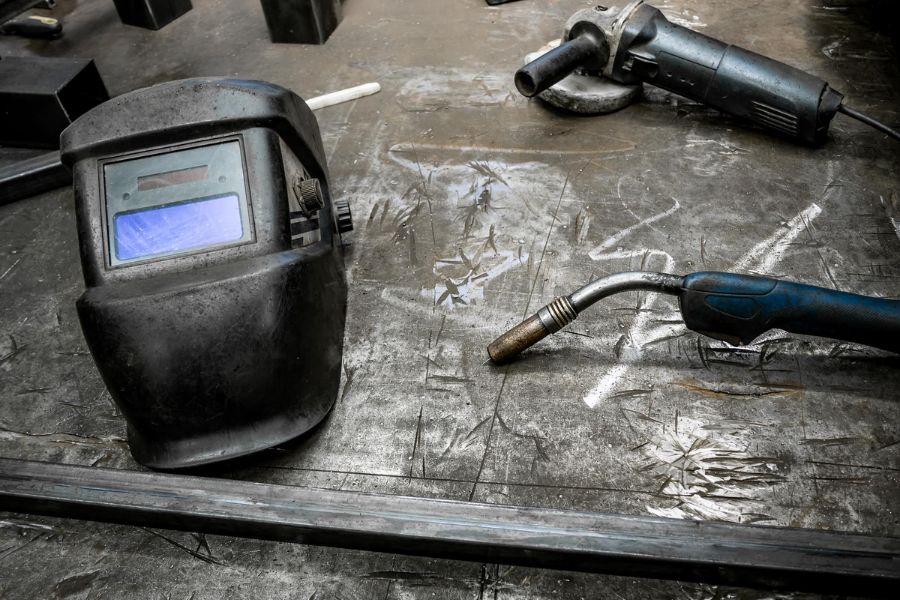
Coating inspectors play a crucial role in ensuring the longevity and quality of surfaces through meticulous examination and assessment of applied coatings. To execute this role effectively, inspectors rely on a range of specialized tools and equipment tailored for coating inspection.
1. Thickness Measurement Gauges: Coating thickness is a critical factor in determining the protective capabilities of a coating. Coating inspectors use thickness measurement gauges, such as magnetic or eddy current gauges, to accurately assess the thickness of applied coatings.
2. Adhesion Testers: Ensuring proper adhesion between the substrate and the coating is essential for durability. Coating inspectors use adhesion testers to evaluate the bond strength between the coating and the surface, helping identify potential adhesion issues.
3. Holiday Detectors: Holiday detectors, also known as spark testers, are employed to detect and locate discontinuities, such as pinholes or voids, in coatings. This ensures that the entire surface is adequately covered, preventing corrosion or other issues.
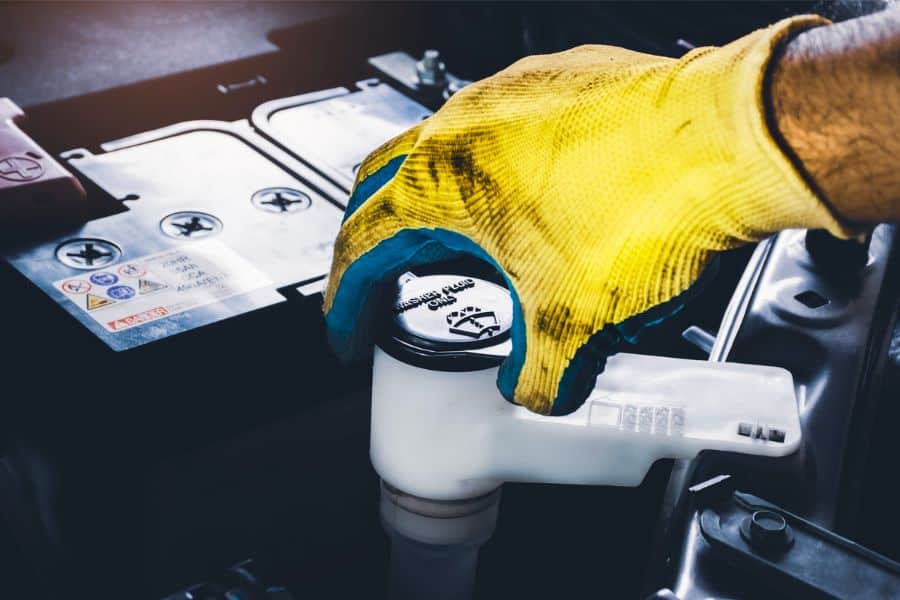
4. Surface Profile Gauges: Surface preparation is vital for coating adhesion. Inspectors use surface profile gauges to measure and confirm that the surface has the required profile for optimal coating adhesion, especially in industries like marine and oil and gas.
5. Environmental Monitoring Instruments: Coating performance can be affected by environmental conditions. Inspectors utilize instruments like hygrometers and dew point meters to monitor temperature, humidity, and dew point, ensuring that coatings are applied under suitable conditions for optimal performance.
6. Visual Inspection Tools: Visual inspection remains a fundamental aspect of coating assessment. Inspectors use tools like magnifying glasses, borescopes, and cameras to thoroughly examine coating surfaces for defects, such as blisters, cracks, or uneven application.
7. Coating Evaluation Kits: Specialized coating evaluation kits may include tools for various tests, such as pH testing, solvent rub tests, and tape adhesion tests. These kits provide a comprehensive approach to assessing coating quality.
Coating Inspection Techniques and Procedures
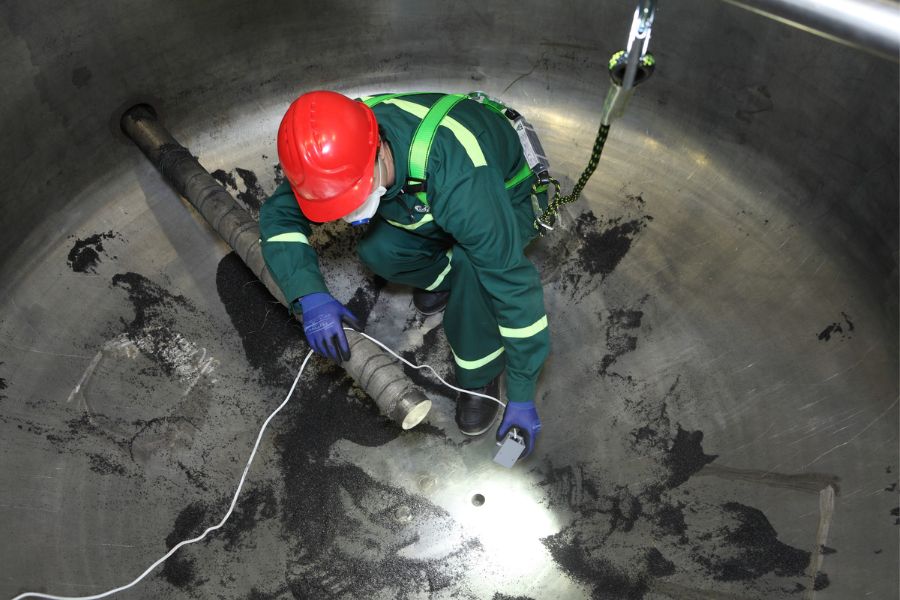
Coating inspection involves a set of techniques and procedures to evaluate the quality and performance of coatings. Some common techniques include visual inspection, adhesion testing, coating thickness measurement, and holiday detection. Visual inspection is the most basic yet crucial method, as it allows inspectors to identify issues such as uneven coating, blistering, or inadequate surface preparation.
Adhesion testing ensures that the coating adheres securely to the substrate. This is typically done by cross-cut or pull-off tests, providing quantitative data on the adhesion strength. Coating thickness measurement is critical for ensuring that the specified thickness is achieved, as insufficient thickness can compromise the protective capabilities of the coating. Holiday detection is employed to identify gaps or pinholes in the coating that may serve as entry points for corrosive agents.
Common Coating Defects and How to Prevent Them
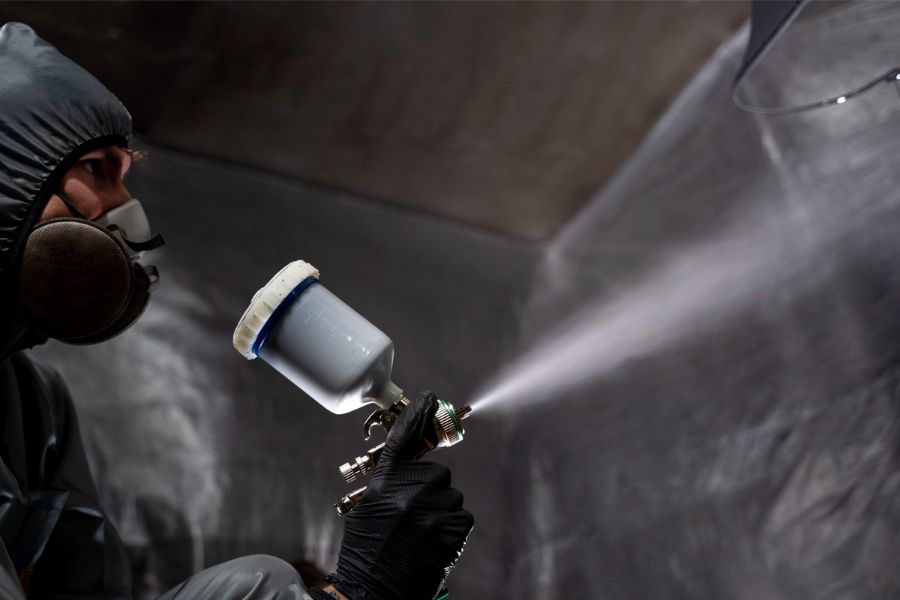
One crucial aspect of a coating inspector’s role is to identify and address common coating defects that can compromise the durability and quality of surfaces. Coating defects may include issues such as blistering, cracking, peeling, or inadequate adhesion. A coating inspector must possess a keen eye for detail to detect these defects during the inspection process.
To prevent such defects, a coating inspector may recommend specific surface preparation techniques, optimal environmental conditions during application, and the use of high-quality coating materials. Understanding the root causes of common defects enables the inspector to provide valuable insights into preventive measures, ensuring that surfaces receive a durable and high-quality coating.
Coating Inspection in Different Industries
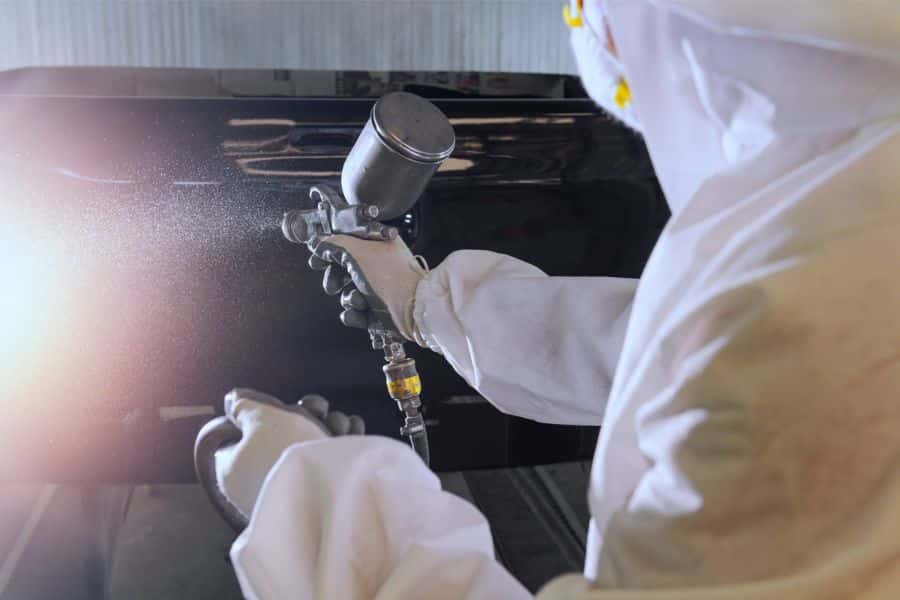
Coating inspectors play a versatile role across various industries, ensuring that coatings meet industry-specific standards and requirements. The scope of coating inspection may vary depending on the industry, and inspectors must possess industry-specific knowledge to effectively assess and guarantee the quality of coatings. Here are examples of how coating inspection differs across industries:
1. Oil and Gas Industry: Coating inspectors in this industry focus on preventing corrosion in pipelines and equipment exposed to harsh environments. Inspection involves verifying coating thickness, adhesion, and resistance to chemicals.
2. Marine Industry: Coating inspectors in the marine sector assess coatings on ships, offshore structures, and marine equipment. They pay particular attention to anti-fouling coatings and the prevention of corrosion in marine environments.
3. Infrastructure and Construction: Coating inspectors in construction ensure the protective coatings on bridges, buildings, and other infrastructure meet durability standards. They may also address fire protection coatings and aesthetic requirements.
4. Automotive Industry: Inspectors in the automotive sector focus on coatings for vehicles, ensuring they meet aesthetic standards, corrosion resistance, and durability requirements. Inspection may include assessment of paint thickness and adhesion.
5. Aerospace Industry: Coating inspectors in aerospace ensure that coatings on aircraft components meet strict safety and performance standards. This includes verifying coatings for corrosion resistance, thermal stability, and aerodynamic considerations.
Coating Inspection Case Studies and Success Stories

Real-world examples highlight the significant impact of coating inspection on the durability and quality of surfaces. One notable case study involves the inspection of a bridge in a coastal area prone to salt spray. Coating inspectors identified potential corrosion spots during routine inspections, prompting timely maintenance and preventing structural damage. Another success story involves the application of protective coatings in a chemical processing plant. Coating inspectors ensured that the coatings met chemical resistance requirements, preventing corrosion and extending the lifespan of critical equipment.
Case Study 1: Maritime Industry – Extending the Lifespan of Vessels:
-
- Explore a case study where a coating inspector was instrumental in prolonging the lifespan of maritime vessels through meticulous inspection and application of high-quality coatings.
- Discuss the challenges faced, the specific coating solutions implemented, and the resulting benefits in terms of durability and corrosion resistance.
Case Study 2: Infrastructure Projects – Preserving Structural Integrity:
-
- Examine a success story related to coating inspection in large-scale infrastructure projects, such as bridges or buildings.
- Detail the role of the coating inspector in preserving structural integrity, preventing rust, and maintaining the aesthetic appeal of the infrastructure.
Conclusion

In conclusion, the pivotal role of a Coating Inspector cannot be overstated when it comes to guaranteeing the longevity and quality of surfaces. The Coating Inspector serves as the vigilant guardian, meticulously assessing and ensuring that protective coatings meet the stringent standards required for durability and performance. Through their keen eye and in-depth knowledge of coating materials and application processes, Coating Inspectors play a crucial part in preventing corrosion, degradation, and other potential issues that could compromise the integrity of surfaces.
For individuals aspiring to join the ranks of skilled Coating Inspectors or those seeking to enhance their existing expertise, the Corcon Institute of Corrosion stands as a beacon of excellence. Offering comprehensive courses that cover the latest advancements in coating technology, surface preparation techniques, and inspection methodologies, Corcon Institute equips aspiring professionals with the necessary skills to excel in the field. By providing accessible and high-quality education, Corcon Institute facilitates the development of competent Coating Inspectors who are adept at upholding the highest standards of durability and quality in surface protection. Choosing Corcon Institute is not merely a decision to learn but a commitment to ensuring the longevity and resilience of surfaces through expert knowledge and skill acquisition.
Image Reference: Freepik
Disclaimer: All trademarks, logos, and brand names are the property of their respective owners. All company, product, and service names used in this website are for identification purposes only. Use of these names, trademarks, and brands does not imply endorsement.

